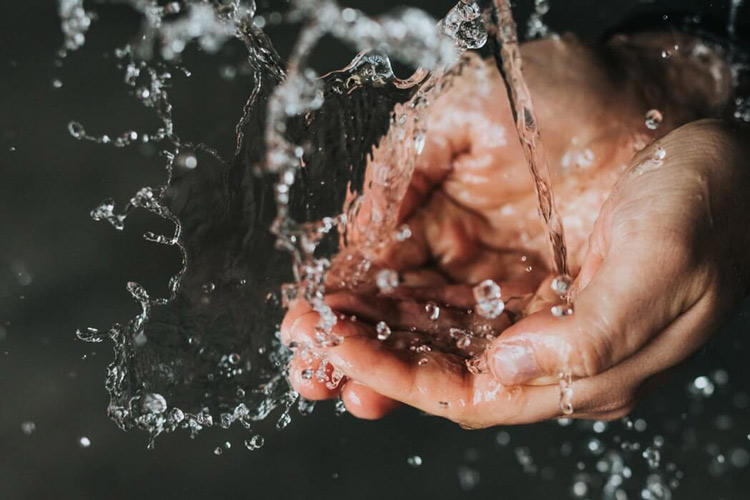6 Common Myths about Water Softeners Debunked

Water softeners are essential in softening hard water, which has adverse effects not only on our health but also on food and drinks, skin, and appliances. However, some people hold unfounded ideas about water softeners. Most of them are far from the truth. As a homeowner, you do not have to refrain anymore from using these products because you’ve heard something negative about them. Here are six myths about water softeners we are debunking.
Water softeners take away minerals
This is one of the most common myths about water softeners that you need to dismiss right away. Most people assume softeners remove minerals from water because they get rid of calcium and magnesium. The truth is the minerals in hard water are inorganic. Therefore, the body cannot easily absorb them. However, plants convert them into material that is the body absorbs. This is why it’s important that you get these materials from veggies and not hard water.
Water softeners add salt to water
This myth is common because people do not quite understand how the process of softening water works. Usually, softeners use an ion exchange system that removes minerals that make water hard. This process is facilitated by sodium ions which replace the aforementioned minerals. Therefore, the eventual clean water will not contain salt, but sodium. The water might end up having a slightly salty taste, but it should not be enough to bother you. Therefore, the next time you treat water and you feel a salty taste from afar, just know you are adding some helpful mineral to your body.
Water softeners leave a film on your skin
A common result of switching from hard water to soft water is a different feeling on your skin. Unlike soft water, hard water leaves soap scum on your body. This can make your body feel ‘slick’ or even slimy. For soft water, the feeling you experience comes from the presence of natural oils from your skin. This is how clean skin normally feels.
Water softeners cost you a lot of money
On the contrary, water softeners save you money in the long run. Yes, you will require an initial investment to purchase the equipment, and you will also have to repair it if it breaks. However, you will end up saving a lot of money on appliances that would have to be replaced much sooner if you continued to use hard water. You also tend to use about 50 percent less detergent with soft water. Not to mention you lower your electricity bill, which is much lower when using soft water rather than hard water. This makes it apparent that water softeners actually cost much less than having hard water in the long run.
Water softeners are not necessary with city water
People sometimes think that only well water requires water softening. This is very untrue, as one cannot claim to be drinking clean water only because it is not sourced from a well. In fact, 80 percent of American homes use hard water. Therefore, whether it is drinking, laundry, or cleaning water, make sure you use a water softener for the sake of your health.
Water softeners waste water and energy
The use of high-efficiency water softener models ensures that no amount of water or energy goes to waste. These models learn the needs of your home water so that they use only the right amount of salt and water for the regeneration process. Accordingly, they save water efficiently.
Hard water can have harmful effects on you, a reason you need to get yourself a water softener right away. At Passaic Bergen Water Softening, we offer water softening services to keep your water safe. Contact us to access our professional and quality services!



